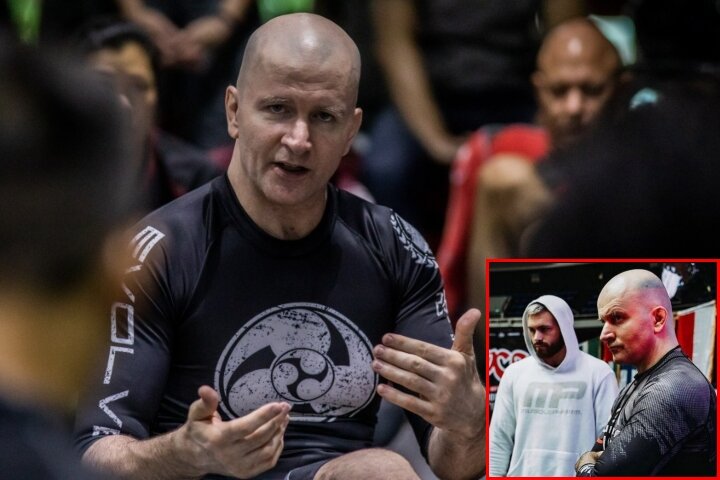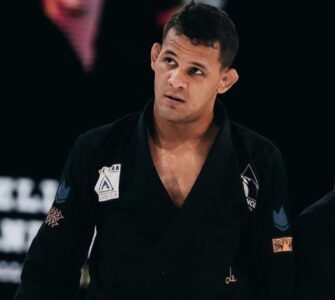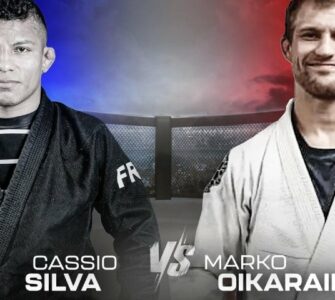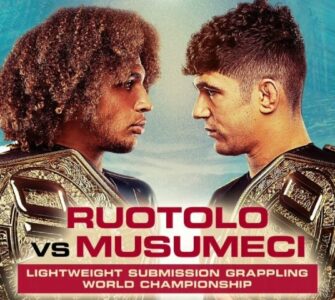How do you develop self-confidence when, for example, preparing for a BJJ competition? Is there any sort of a “mental preparation” that you can do, any sort of mental training?
Well, according to John Danaher, there really isn’t a way to “will yourself” into self-confidence. Rather, you have to train and become better in Jiu-Jitsu to become confident in it:
I really think that people, when they’re talking about mental preparation, they need to take a step back… And realize that almost every element of what people describe as mental preparation has physical underpinnings.
Literally 95% of what I teach to athletes is physical skills. And it’s my belief that every mental aspect of competition – the most important of which is confidence on stage – is the direct result of accumulation of physical skills.
Danaher isn’t too fond of motivational-type speeches and videos, as he has never seen athletes benefit from them:
People tend to see things like confidence as a mental stage – it is. But it comes out of the performance and physical skills.
All of my life, I’ve seen sport psychologists try and create confidence in athletes through non-physical means. And it always ends up being the same cheesy motivational speeches… I’ve never been impressed by this nor have I seen any kind of a positive effect on athlete’s performance.
In other words, there are no words to elevate your self-confidence. Rather, you’ll have to train for it:
Confidence doesn’t come from words, it comes from accumulated skills; which – experience shows you – have been responsible for successful performances in the past.
And if you’ve accumulated enough of these, your confidence rises.
Watch the rest of John Danaher’s thoughts on self-confidence in his interview with Lex Fridman:

















